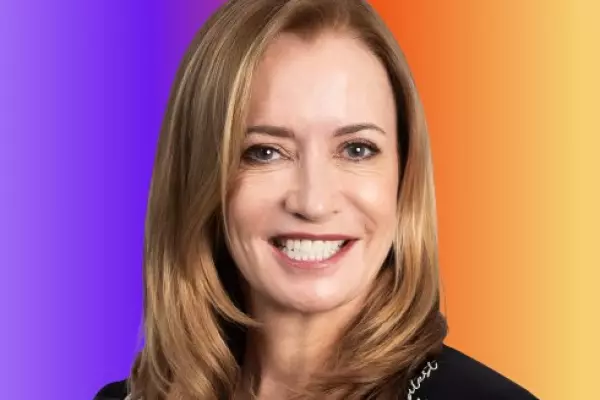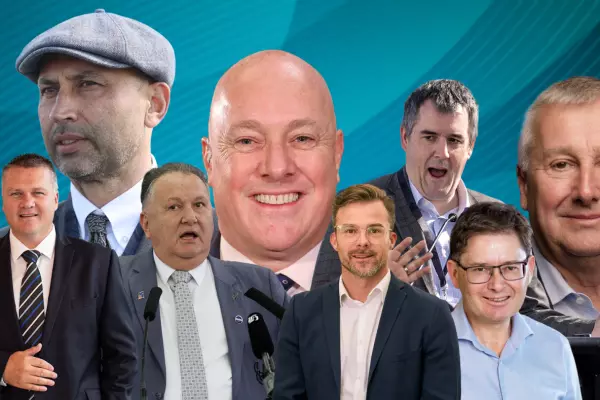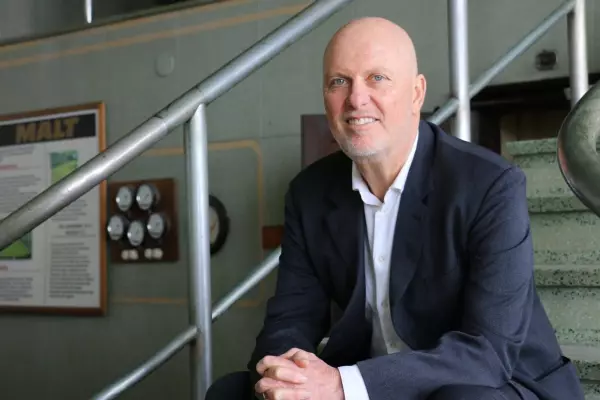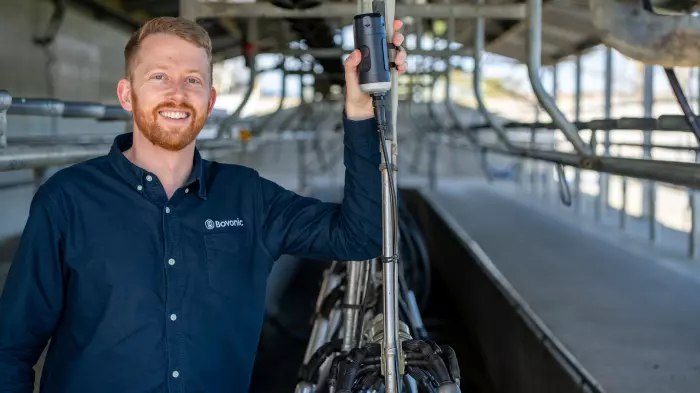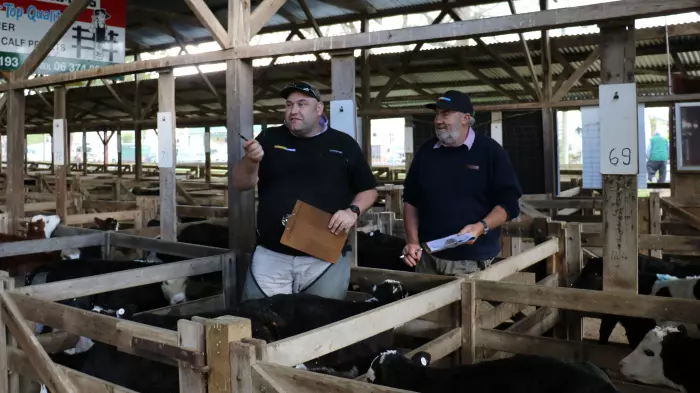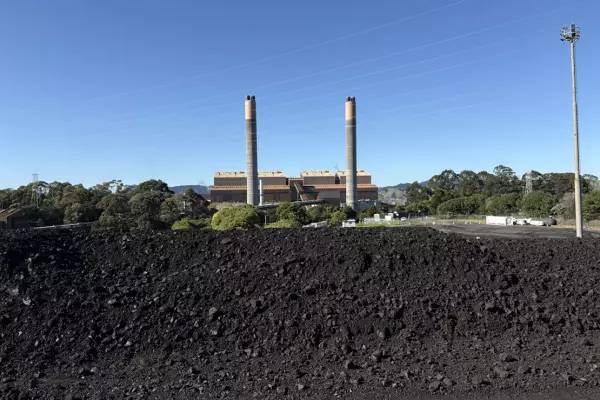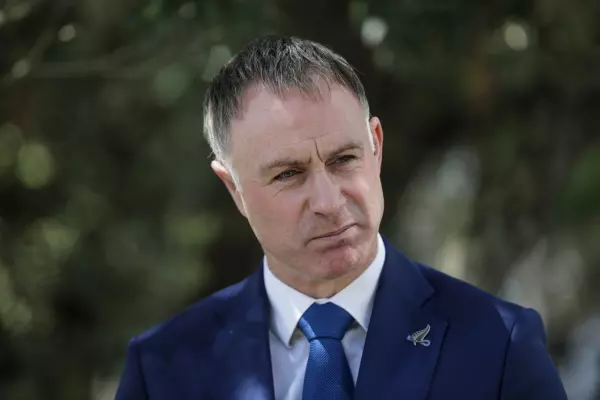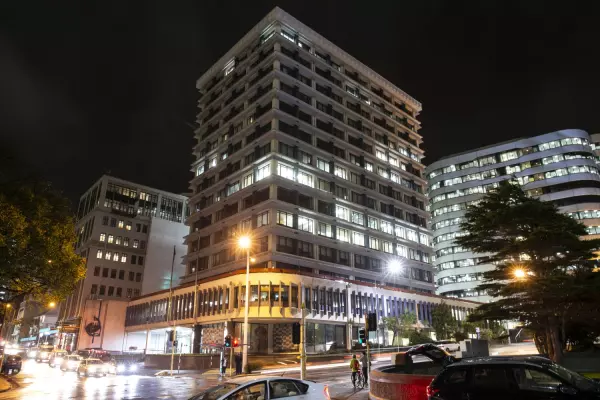Property magnate Bob Jones has come out of the woodwork as another court opponent for David Henry, who is already fighting liquidation proceedings brought by an ad agency against his company, NZ Future Forest Products (NZFFP).
Two Henry-linked firms were slated for hearings in the high court at Auckland on Friday, but one hearing did not take place as parties agreed to defer it by consent.
As earlier reported by BusinessDesk, Henry’s NZFFP faces a liquidation application from Northland advertising firm Big Fish Creative.
The 90% shareholder of NZFFP is Kinleith Continuation LP, which was also listed to appear in court last week before associate judge Roger Bell.
Kinleith Continuation describes itself as an investment company, “with significant heritage in natural resources, focused on real asset and technology strategies for a low carbon future”.
The company, listed for hearing on Friday against Kinleith, is Robt. Jones 151, an entity directed by Jones and Robt. Jones Holdings' managing director Greg Loveridge. It is listed on the Companies Office as a commercial property investment firm.
It is not clear what the Robt. Jones’ case is about, or even who took action against who, but the property investor has been an advocate for timber construction in recent years.
Jones was not available for comment at press time.
David Henry’s father, Brian Henry – also a key legal adviser and political adviser for years to the NZ First party and its leader Winston Peters, as well as a former director of NZFFP – appeared on behalf of NZFFP to defend the hearing which did go ahead – the liquidation application brought by the creative agency Big Fish.
At the mostly procedural hearing, Brian Henry advised the court he was seeking orders about how to produce evidence in court.
Associate judge Bell advised Brian Henry that if he wished to preserve rights of appeal if his liquidation defence failed, he would need to advise his client to become a party to the proceeding.
The judge advised Brian Henry that if his client wanted to do that, he would expose himself to personal liability but granted Brian Henry more time “for any director or shareholder of NZFFP to enter an appearance”.
Brian Henry told the court he hadn’t acted in the insolvency field in about 20 years and thanked the judge for his advice.
Brian Henry was also a founder of NZFFP, as was Jan Trotman, the partner of NZ First leader Winston Peters. Brian Henry resigned as a director of NZFFP on Feb 19, 2020. Trotman stepped down on Aug 3 last year.
David Henry did not respond directly to BusinessDesks' request for comment about Friday's hearing. However, he sent BusinessDesk a letter of complaint about this publication linking his interests to NZ First, saying "my companies have no link to the NZ First party".
In November 2019, NZFFP issued a statement acknowledging its links to Trotman and Brian Henry and said "NZFPP is aware that two of its directors have personal links to the New Zealand deputy prime minister [then Winston Peters]. NZFFP maintains high standards of corporate governance beyond that required of a private New Zealand company."
NZFFP was embroiled in controversy in 2019 after applying for $15 million in funding for a timber operation in Gisborne from the government's $3 billion Provincial Growth Fund, which was created at NZ First's request in coalition negotiations with the Labour party after the 2017 general election.
That fund was overseen by the then minister for regional economic development and NZ First MP Shane Jones. After Jones recused himself from the decision-making process in October 2019, ministers Grant Robertson, David Parker and Phil Twyford subsequently turned the bid down in November.
RNZ reported at the time that NZFFP had also sought $95m in public money under the government’s one billion trees programme, another NZ First policy initiative, though NZFFP denied that was the case.
David Henry, who founded London-based natural resources investment firm Medea Capital Partners in 2012, also presided over NZFFP’s failed $126m offer for wood processing business Claymark Group in late 2019.
Last November, Kinleith Land and Infrastructure – another firm in which Henry is the sole director and which at least partially bankrolls NZFFP – failed to settle its $24.6m sale and leaseback agreement for Cavalier Corp’s manufacturing unit in South Auckland.
The plant was eventually sold for $25.5m in December to a third party, but Kinleith remains on the hook for the 10% deposit on that contract.





